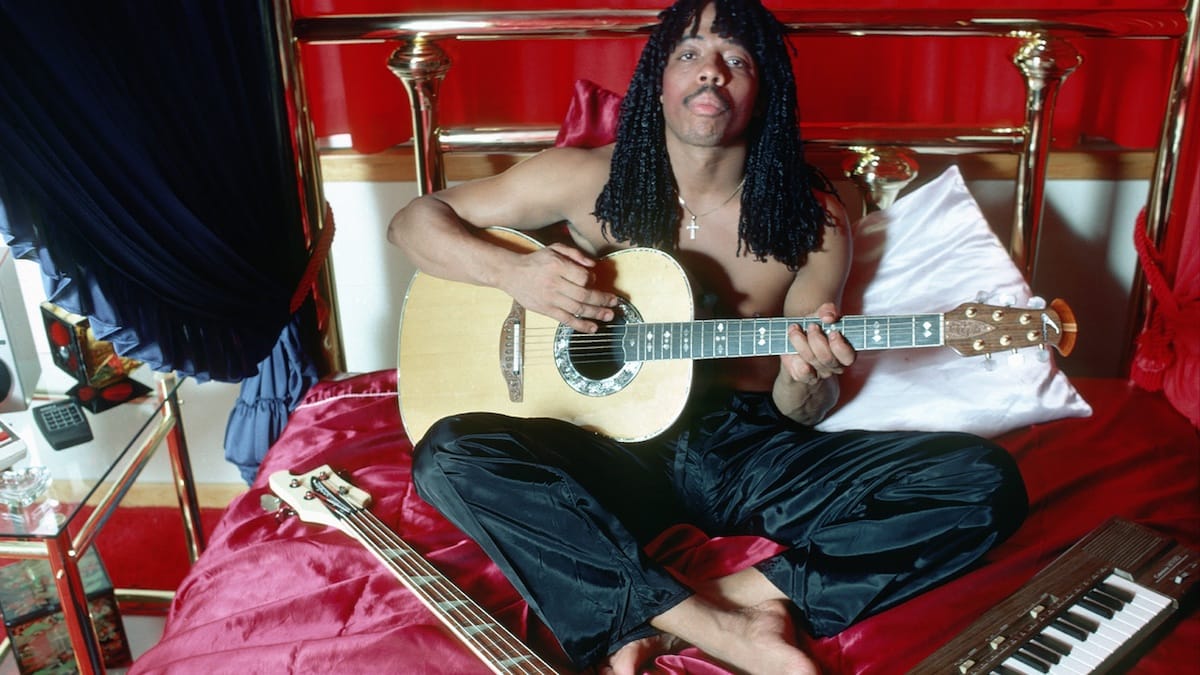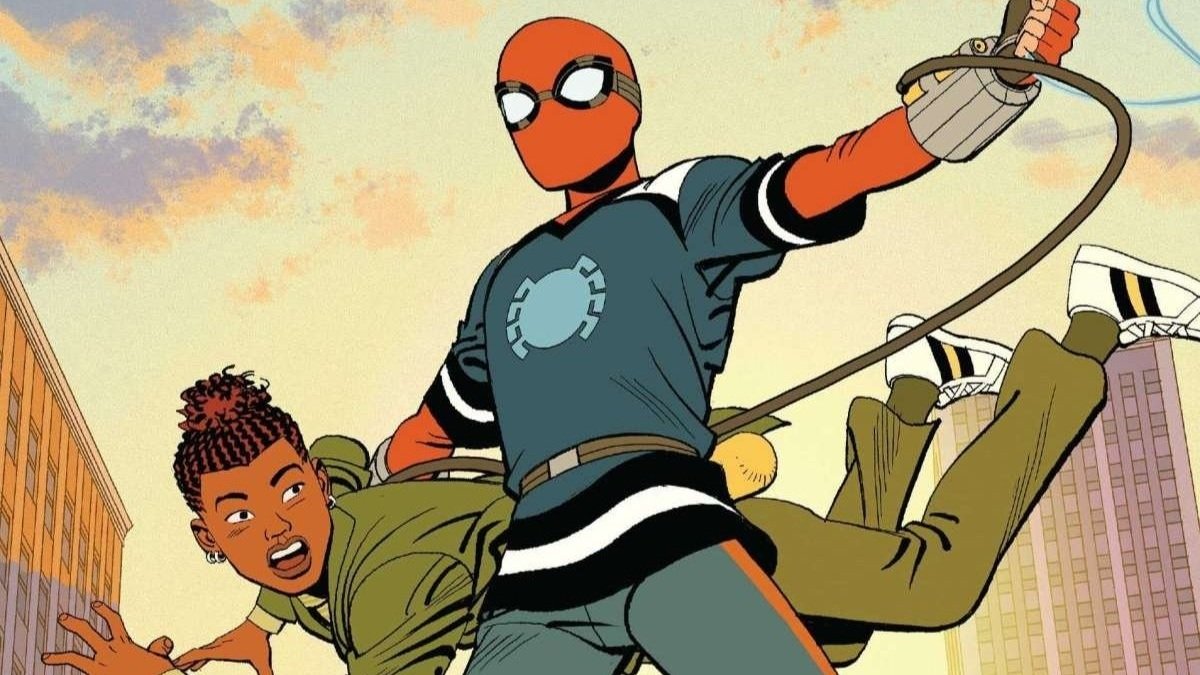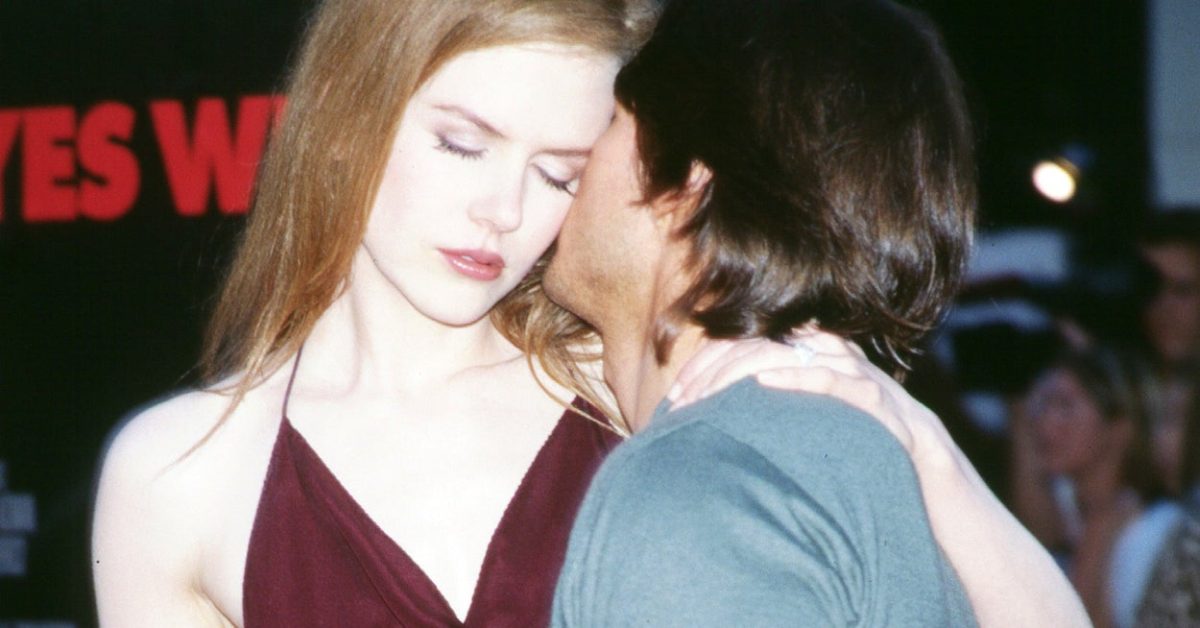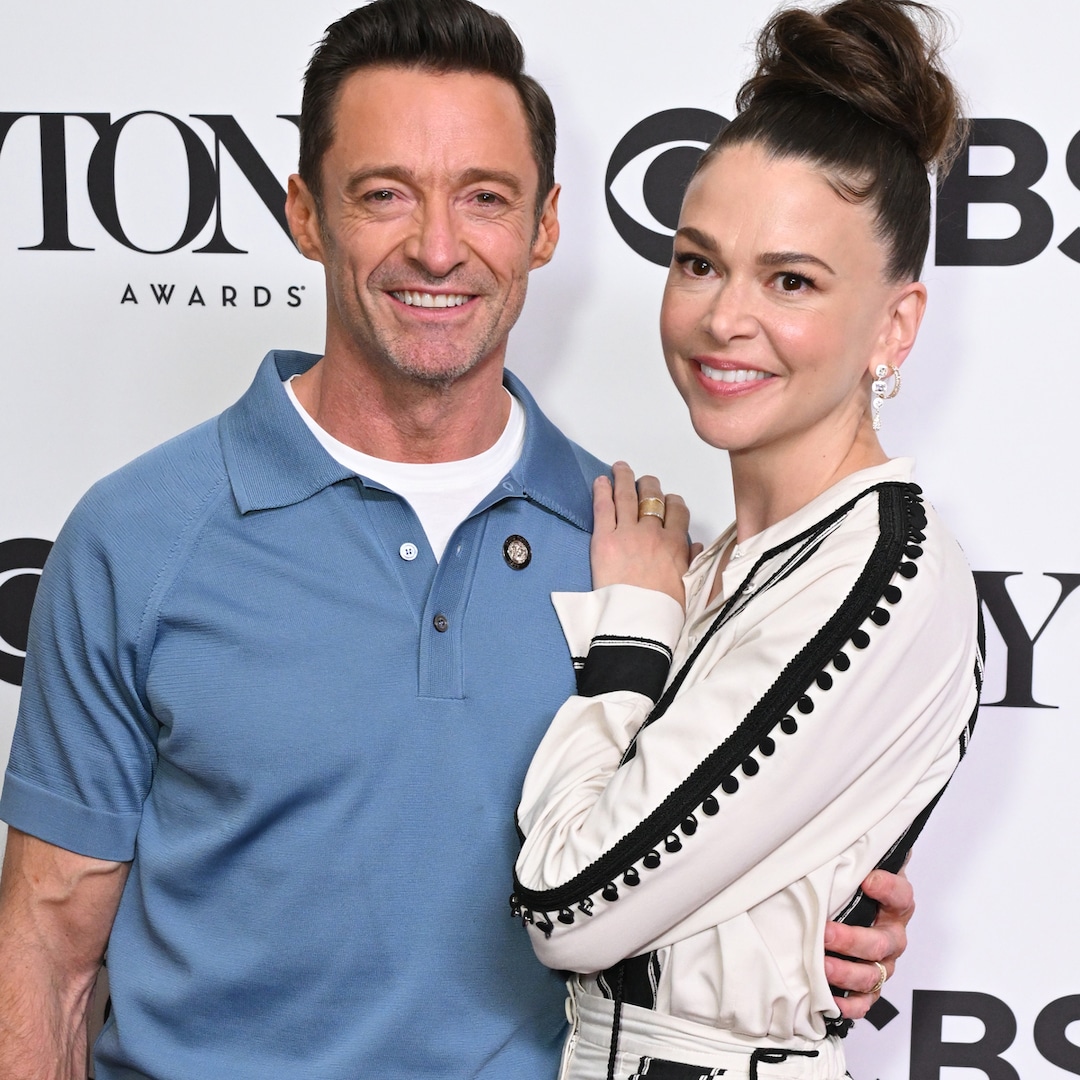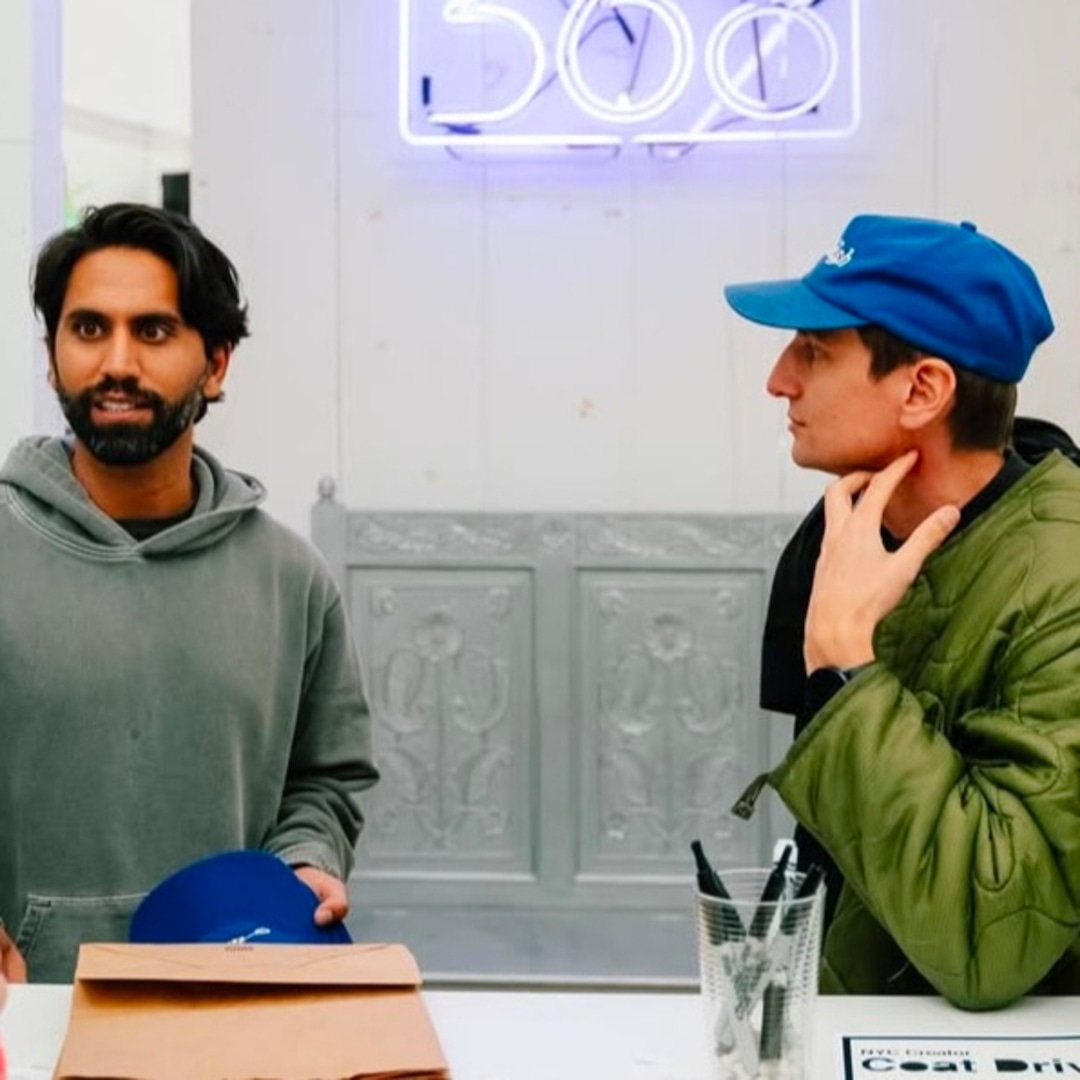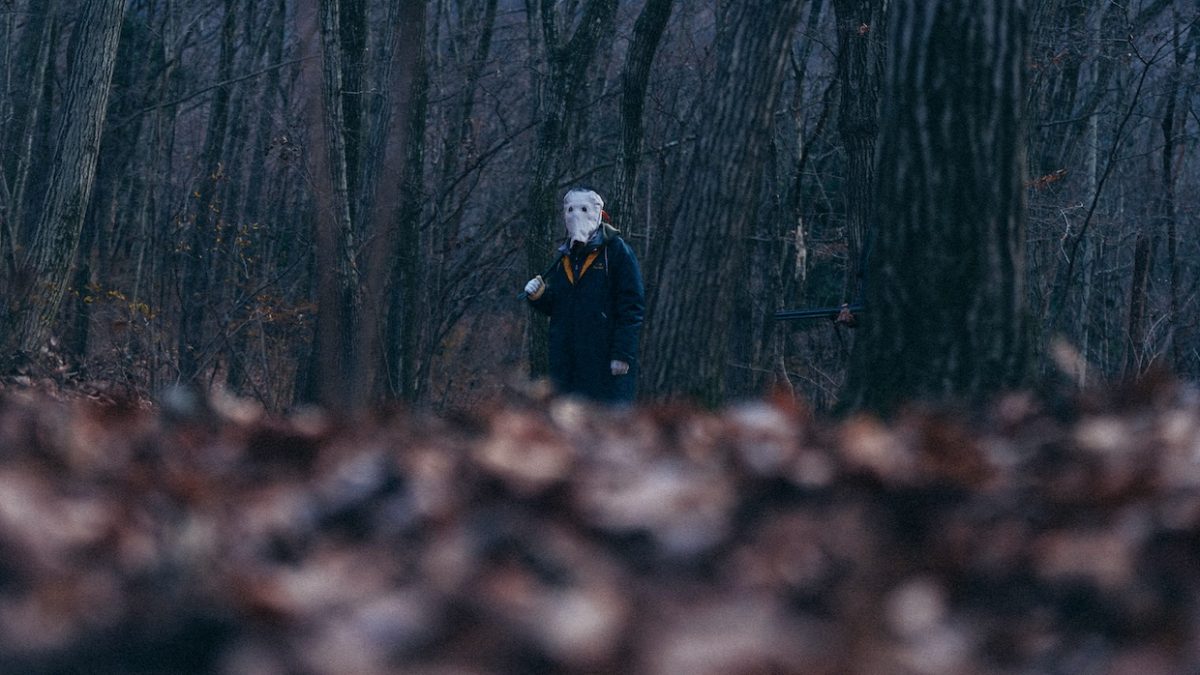
“Ordinary People Who Become Very Violent”: Kiyoshi Kurosawa on Cloud
Sep 10, 2024
Cloud
The J-horrors that catapulted Kiyoshi Kurosawa from reliable gun for hire under the Japanese studio system to internationally revered auteur saw terror as indissolubly bound with tech. Conceived at the turn of the millennium, they spoke to those years’ paranoias about digital life: ghosts pouring out of dial-up internet (Pulse, 2001), senseless murders upending pristine cityscapes (Cure, 1997), and lives aremodeled by perfect doubles (Doppelganger, 2003).
Cloud, his latest, offers a new equation, no longer anchoring dread to media but capitalism. It’s not that computer screens are nowhere in sight; the film’s hero, Yoshii (Masaki Suda), is a hustler who makes a living buying all sorts of stuff and reselling it online at exorbitantly higher prices. But the horror this time isn’t hashed out through spectral apparitions, but the no-less-frightening anxieties of our gig economy era. There are no poltergeists in Cloud, only a flesh and blood gang of hit men and angry customers who take revenge on Yoshii’s scams, yanking the film away from the more occult world of the filmmaker’s classics and pushing it into action movie territory. “I wanted [it] to be anchored much more to reality,” Kurosawa told me, “ordinary people, ordinary lives.” Yet those around Yoshii do not sound or act any more realistically than the supernatural entities that dotted the director’s earlier works. Supporting figures are reduced to caricatures with no real psychology to speak of: a former boss (Yoshiyoshi Arakawa) who turns into a stalker once Yoshii quits his job, a gaggle of clients hell-bent on making him pay for his frauds, and an assistant-cum-assassin (Daiken Okudaira) determined to slaughter whoever will prevent Yoshii from fulfilling his primary purpose: make more money.
But to chastise Kurosawa’s script for the shallow characterization would be to miss the point. Cloud unfolds as a capitalist farce that steers clear of pandering or didacticism. Peddling trite platitudes about the dangers of e-commerce and liberal economies isn’t what the writer-director’s after. Instead of lessons, Cloud yields delightful pleasures; as in his best, Kurosawa here toggles between genres (horror, action and comedy) with astonishing deftness, and the playfulness the film radiates throughout is nothing short of contagious.
On the eve of Cloud’s world premiere at the 81st Venice Film Festival, Kurosawa and I sat to speak about its genesis, his masterful use of sounds and space, and the new sense of responsibility he feels towards his spectators today.
Filmmaker: You started working on Cloud a few years back, in 2018, which makes some of its concerns with our Extremely Online lives feel almost prescient. I was curious to hear more about the film’s genesis.
Kurosawa: It’s true, the whole project started a while back. I would say three things spurred it. The first was a real-life incident that occurred in Japan some years ago. Long story short, some guys met each other online, began chatting, and eventually decided to kill someone, which they did. They murdered a perfect stranger, for no reason. That came as a real shock to me, and when I started thinking about the movie, I knew I wanted to borrow something from that story. The second factor is more personal: I have a friend who works as a reseller. He buys things, then sells them online at much higher prices. I had heard plenty about his job; he’d told me lots about it, shared some experiences and anecdotes. I thought that was a very contemporary gig and really wanted to use that somehow. Finally, there were some more logistical considerations: I’d long been eager to make an action film with an original script, so when the opportunity came I spoke with my producers, and that led to Cloud.
Filmmaker: How much did the project change through the years?
Kurosawa: It certainly became something very different to what I’d originally come up with in 2018. In all fairness… [pauses] Well, I just told you it all started with this internet incident, but that’s not entirely right, because at the beginning I had many other competing ideas. I wanted to make a violent action film, but I wasn’t sure how to go about that. It would have been all too easy to stuff it, say, with yakuza or mafia gangsters, but I knew it had to be different, which made this a long process of trial and error. Only several years after I first started thinking about the project—and after several attempts at giving it a good shape—I decided to use this murder case. It wasn’t ordinary criminals I wanted to focus on, but ordinary people who become very violent.
Filmmaker: I’d love to hear more about your creative process, and your writing especially. Was there a particular image or a scene that you had in mind when you started working on the script, and out of which everything spilled out, so to speak?
Kurosawa: Well, as a writer-director, of course I had many images and scenes in my mind as I was writing. But I also had to make sure to put those aside, because, well, I had no clue who I’d cast for this yet, or where exactly we’d shoot. In a way, I had to forget about all those ideas, if only momentarily. Had I clung to them while writing I fear that might have put some restrictions on the screenplay, whether consciously or not, and taken it in different ways. That was basically how the screenwriting unfolded. Only after that was over did I return to those images and let them run free. It was as if they all exploded inside me again—and I must confess it was very difficult to limit them at times. But I think that’s a very good process; it’s certainly a very natural way to make films, for me.
Filmmaker: One of the most singular aspects of Cloud is the way it seems to reconfigure the formula that powered some of your earlier projects, like Cure or Pulse. While those saw a clear connection between terror and tech, this one imagines horror as tied to a whole other beast: capitalism. I was wondering if you see Cloud as a kind of capitalist farce, and what connections, if any, do you see between your latest and those previous works.
Kurosawa: I made Pulse and Cure almost over twenty years ago, at a very particular time: the end of the 20th century. Looking back, that period felt very different to the world we live in today. I suppose you could say we were more irresponsible in a way. As a filmmaker, I thought that the simple fact that I was working in fiction gave me enough freedom to make whatever I wanted. Everything was permitted—it was fiction, after all! We were not beholden to any sense of duty toward society. I could imagine this or that malaise, and make a film about it, it didn’t matter. Now I’m not so sure anymore. The world has changed so much, and maybe our future isn’t as bright as it used to look back then. Maybe now the big enemy, the real malaise, isn’t new technologies or some occult entity, but ourselves. And I think whenever we make movies these days we have a greater responsibility, both toward society and our viewers. But I do feel a certain nostalgia for the past, and the greater freedom we filmmakers had then.
Filmmaker: Do you think this new sense of responsibility has changed the way you perceive your role as a filmmaker? And how does it affect the kind of stories you can tell?
Kurosawa: That’s… a very difficult question to answer! [laughs] I’m sure I must have changed in some ways since I started, and that I no longer work or think the same way I did then, but it’s really hard to say how, exactly. Every new film is different, not least because the people you make it with are seldom the same: different actors, different crews, different collaborators. But if you just take a step back and look at the history of cinema, you’ll realize very little has actually changed, as far as I can see. For one thing, you’re still bound to the same formal constraints: you work within a certain time frame—ninety minutes or two hours, maybe more—and films are still largely shown on big screens. I’m not the same filmmaker I was when I made those films you mentioned, but when I think about the medium, it gives me a lot of relief and peace of mind to think that cinema hasn’t changed much at all.
Filmmaker: Part of what makes Cloud so terrifying is the way you use empty space. You often frame characters in deep-focus wide shots that capture their surroundings, too. It’s a choice that leaves you with the feeling that horror can creep in from anywhere. Could you speak about that, and what informed your conversations with Yasuyuki Sasaki, your cinematographer?
Kurosawa: First and foremost, I am very pleased that you noticed those details. But it’s very difficult for me to articulate that choice; I suppose it comes from my senses and intuition. I don’t think I have some specific visuals or images in mind when I start working on my frames. What’s of paramount importance for me is the situation each scene invites you into. Whenever I think about a scene, I break it down to the basics: there’s the physical location, the actors and me with the camera. The way these three elements interact dictates the way I go about composing each frame. My job as a director is to work out the best way to harmonize all those things. I’m always somewhat insecure about their amalgamation, so I often find myself watching from the viewfinder and figuring out how to make them work.
But as I said, I don’t come to the set with some preconceived ideas as to how it will all play out. I don’t work with sketches, either. I’d rather give some indication to Sasaki, or my actors, and explain to them what I’m thinking and how I see the scene play out. Sometimes Sasaki will ask me what to do: “If we put the camera here, then there’ll be no one in the frame!” [laughs] Which is true, technically speaking, but we can’t always follow the actors around all the time. I’m not interested in that. There are times when I’d much rather leave the frame empty, or let characters move in and out of it. That’s fine with me.
I’m sure you’re familiar with the Lumière brothers. Have you ever seen Workers Leaving the Lumière Factory? It’s one of their earliest, and one of the first films ever made. It barely spans a minute. We watch these employees leave the factory, and all your see is a shot of the exit gate. They’re done with the shift, and they’re all pouring into the streets—humans, machines and horses, too—until the frame clears out. Empty space has had a long history in cinema, and this scene in particular has had quite an influence in how I’ve thought about it in my own films.
Filmmaker: One aspect of your cinema which I think is seldom talked about is the way you employ sound. In Cloud, music is used very sparingly, which isn’t to say the film is quiet, only that you favor diegetic noises instead: floors creaking, appliances whirring. Can you speak about the role those sounds play in Cloud?
Kurosawa: Again, thank you for spotting that. It’s true: as I was working on the film, I decided I wouldn’t rely so much on non-diegetic music, because I always fear that tends to have a very strong influence on viewers. Music can often end up manipulating you into feeling this or that way about a scene. I’m not oblivious to how widely it’s used across action movies, whether to heighten the stakes or inject more drama into the proceedings. But in a film like Cloud, which I wanted to be anchored much more to reality—ordinary people, ordinary lives—that felt almost counterproductive. The film’s a tragedy, in a way, and in some cases I’ve resorted to non-diegetic tracks. But as you pointed out, those are very few and far between. I was much more eager to draw from nature for my soundscapes. This is why you hear so many offscreen sounds, too: the trees, the wind, but also machines. Sometimes I played with their frequencies, cranking up the volume or turning it down… But the main idea was to rely on them as opposed to music to dial up the tension, and make you feel as though evil was always an invisible and omnipresent force.
Publisher: Source link
Nicole Kidman’s Viral Getty Image Catalog
Nicole Kidman's Viral Getty Image Catalog Nicole Kidman has stepped back into the limelight to promote the new A24 erotic thriller Babygirl — and she’s looking as radiant as ever. The Academy Award-winning star has had an incredibly storied career,…
Jan 14, 2025
Hugh Jackman and Sutton Foster Have Steamy Makeout Session
The Music Man's final curtain call was in January 2023. But it wasn't the only thing to come to an end. In September of that year, Jackman and his wife of 27 years Deborra-Lee Furness announced their split."We have been blessed…
Jan 14, 2025
Mandy Moore Shares She’s Unsure If Her Home Survived
California Fires: Mandy Moore Shares She's Unsure If Her Home Survived On Tuesday, Mandy shared on her Instagram story that she, her children, and her pets left their home and were safe. "Evacuated and safe with kids, dog and cats.…
Jan 13, 2025
YouTubers Colin, Samir Lose Homes to L.A. Fire as Wives Are Pregnant
Angelina Jolie, Halle Berry, Jamie Lee Curtis & More Stars Are Giving Back Amid LA FiresYouTubers Colin Rosenblum and Samir Chaudry are opening up about their heartbreaking situations. The duo, otherwise known on the platform as Colin and Samir, recently…
Jan 13, 2025

